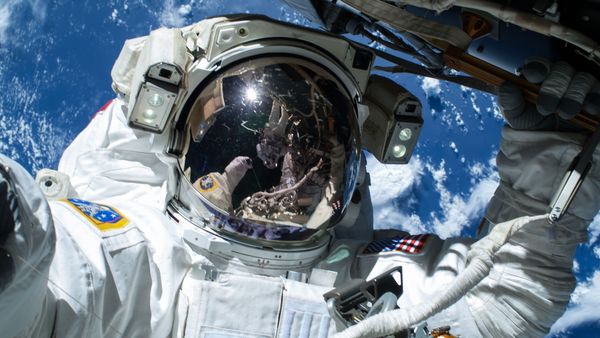
Indonesian diplomats have raised concerns about AUKUS destablising its region, yet the country appears on track to sign a defence cooperation agreement with its neighbour Australia. What’s going on?
“This is part of a kind of hedging game strategy that they are playing,” Australian National University Indonesian politics scholar Greg Fealy told Crikey. “They don’t want to be doing anything that alienates China, which is by far Indonesia’s biggest trading partner and investor … But they also don’t want to be completely beholden to it.”
It’s a geopolitical balancing act that goes back to the 1950s and ’60s, when Indonesia was a founding partner in the “Non-Aligned Movement” of nations staying outside the two superpower blocs of the Cold War (which, by the way, was one of the original meanings of the term “Third World”: nations unaligned with either of the two superpowers).
“It’s often said that Indonesia has a very proud tradition of non-alignment — in reality, at various stages of their history, they’ve swung a bit to the left, and other times to the right, but they don’t normally enter into alliances with other countries,” Fealy said. “There are a few exceptions to that and I think [the proposed Australian defence cooperation agreement] would be a case of that.”
Australia and Indonesia already have a treaty, signed in 2006 in Lombok, which says the neighbours should “consult on defence policies [and] promote capacity building through military education, exchanges and exercises”.
In a joint statement in February, the two countries’ defence ministers said negotiations would begin to “elevate” the pact to “an agreement that is binding under international law”, according to the ABC.
Australian Prime Minister Anthony Albanese said on Tuesday the proposed new agreement would be “underpinned” by the Lombok treaty: “[Indonesian President Joko Widodo] and I welcomed our defence ministers’ agreement in February of this year to elevate our defence cooperation to a treaty-level agreement. All countries in the region, large and small, have a collective responsibility to help keep the region peaceful. And Indonesia’s contribution to regional security under the president’s leadership has been central.”
Widodo, in his remarks, did not mention the proposed new agreement. He instead highlighted cooperation on electric vehicle batteries, trade and reducing carbon emissions.
Indonesia has previously urged Australia to be “transparent” about its AUKUS plans, stressing the importance of nuclear non-proliferation and managing tensions in Asia.
“A lot of the Indonesian political and defence establishment didn’t welcome the AUKUS announcement, they thought it would be likely to escalate tensions between the US and China,” Fealy said. “Then there were some strategic thinkers who felt there may be some advantages to Australia being involved in AUKUS.
“What they are likely to feel is that AUKUS has reduced Australia’s ability to manoeuvre diplomatically and strategically.”







